Reworking it
It’s all doom and gloom in the TV industry at the moment; but there are opportunities out there for the talented teams that can work well with brands.
A survey conducted in September last year by Film and TV union Bectu lays bare the effects of the SAG-AFTRA and WGA disputes in the US on the UK TV and film workforce. 75% are currenty not working and nearly a quarter said they don’t see themselves working in the industry again in the next five years.
Meanwhile Channel 4 cut 200 jobs (and closed 40 unfilled positions), Sky TV cuts 1,000 jobs (mostly in satellite installation), and every major broadcaster from Warner Discovery to Netflix has cut its commissioning budget, reducing the number of productions next year, despite spending on productions in 2023 being down over 32% vs the previous year.
It’s pretty grim reading. If you’re impacted by these cuts then we feel your pain. But there may be a glimmer of hope in the wider creative world. The TV and Film industry is worth around £4.3bn a year; whereas spend by brands on content marketing in 2023 reached £35.6bn. And 45% of B2B marketers expect their spend on content to increase in 2024.
If your skills – as a camera operator, studio manager, producer, writer, whatever – can translate to a digital-first world that prioritises brand messaging as part of a wider content play, then you could find yourself in the box seat for new work. Deloitte expects the content marketing industry to grow almost 40% by 2030, paving the way for 8 million additional jobs. One of them could be yours.
If that sounds like a way forward, then here’s some practical advice to help you break into the branded content world:
1. Don’t act all superior. Brands are rightly proud of the content they create, and in some cases there’s very little difference between branded content and Hollywood filmmaking: some brands have even won Oscars (think Barbie, Lego, Formula One). While other brands don’t reach quite that high, there is still a need for quality programming to help brands stand out in an increasingly cluttered market – Patagonia, for example, regularly creates hour-long documentaries for YouTube but with all the same production values as a show destined for National Geographic. Don’t go thinking that branded content is somehow ‘beneath you’, or ‘shit’. Instead look for opportunities to make it better with your skillset and pedigree.
2. Flex your rates. Branded content and TV cost things very differently. There’s no guarantee of APA rates when working in Branded Content, and clients expect a return on their expenditure which means budgets can be smaller and tighter than in television. But weirdly the reverse is also true: clients can (and do) spend more on a 60-second TV commercial (even without huge talent fees) than broadcasters spend on an entire series. John Lewis’ ‘Man on the Moon’ Christmas ad in 2015 cost over £7million to create. So when it comes to working out your costs, be more flexible in terms of the budget and the opportunity to refresh your branded content CV.
3. Partner up. Clients like to have fully-fledged ideas where the work is done for them: which is why the best content agencies provide full services including strategy, writing, production, talent management, and more. You can approach content agencies for freelance work, but if your skills – as a director, say – can be allied with other freelancers (writers, producers, talent, etc) and be presented to clients as a creative ‘team’, then so much the better. Clients expect productions to be put together for them, and tend to be hands off once the narrative is agreed.
4. Study. You spent years honing your craft, and branded content is just the same. There are nuances to creating compelling stories for brands, just as there are different rules (from the ASA as well as OFCOM, for example). Know what you can and can’t do, and what others are doing in your preferred category, whether it’s documentary, talking head interviews or beauty shoots.
None of this is to say that you won’t work in television again. In fact many pundits predict that brands will increase their spending on TV and film through brand-funded programming, so understanding both worlds may actually help you get back into TV more quickly than you expected.
At Thrive we’re always looking for talent that we can help to develop new skills, so if this sounds like a good direction for you then get in touch.
